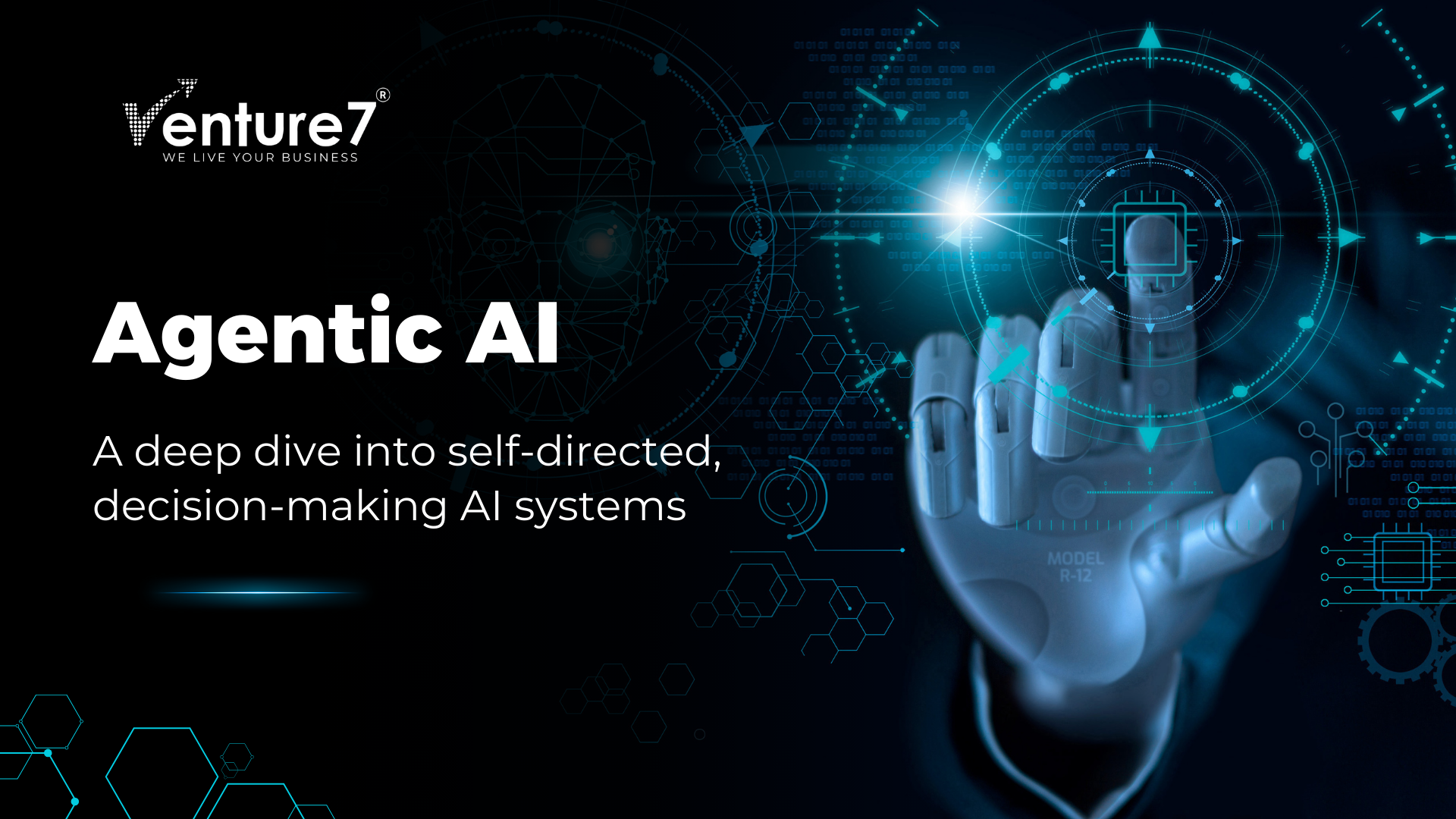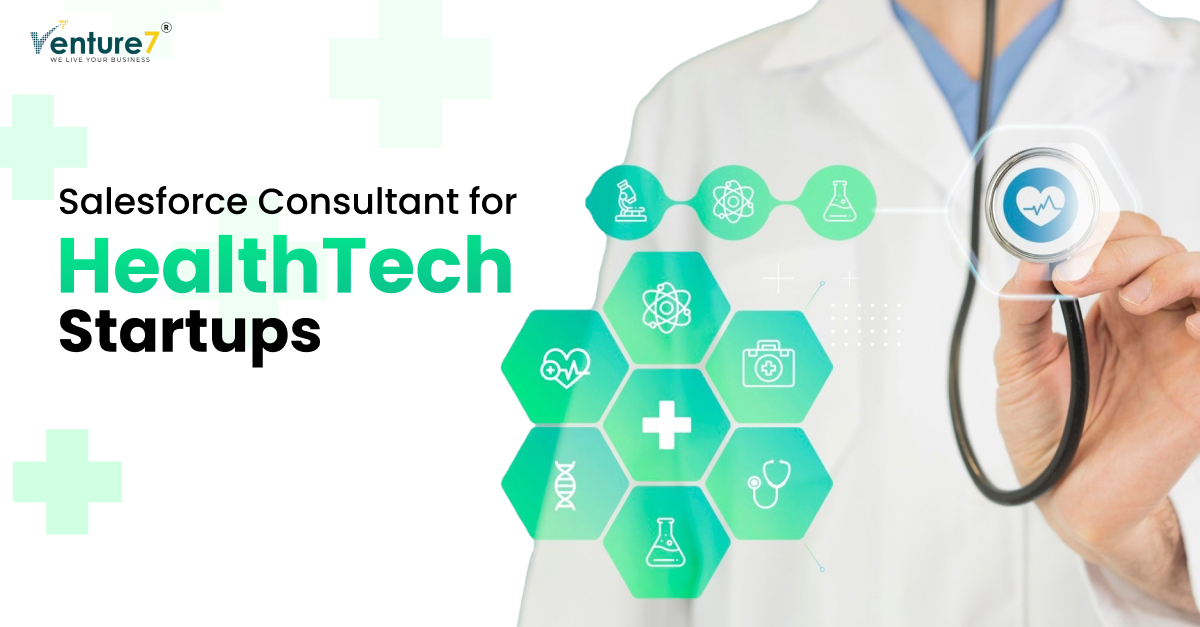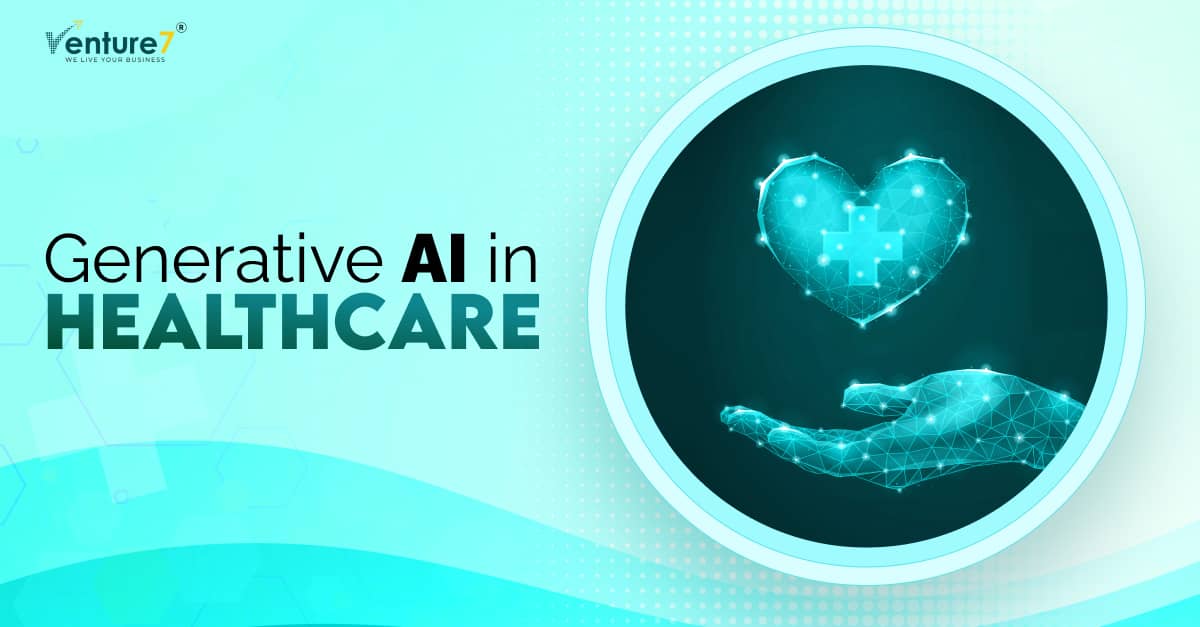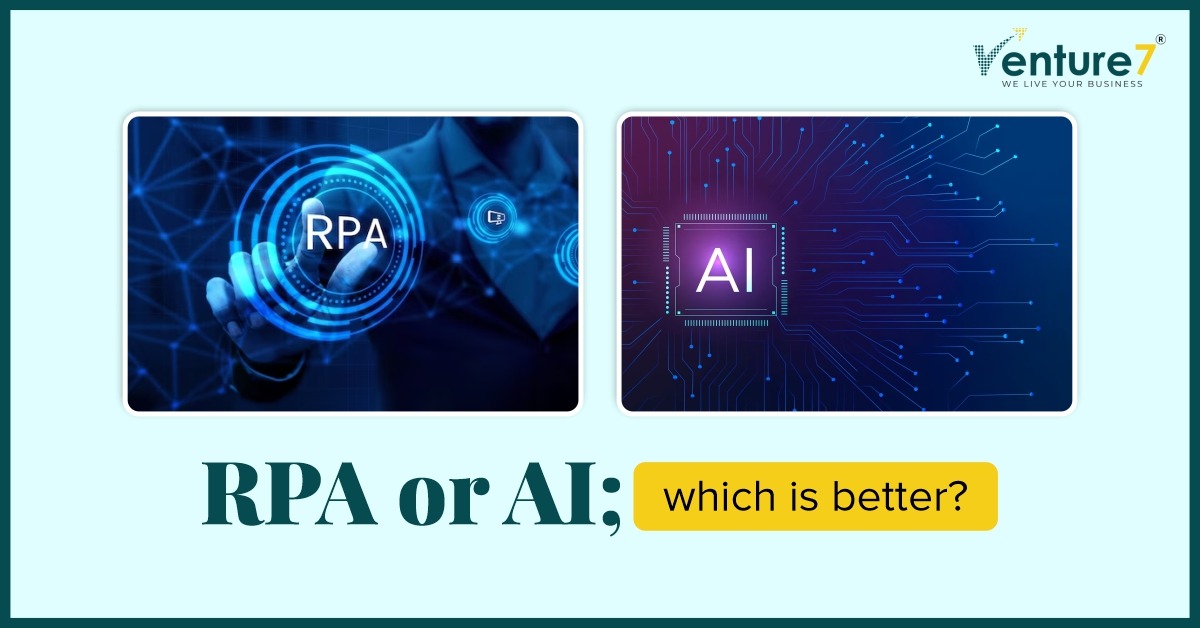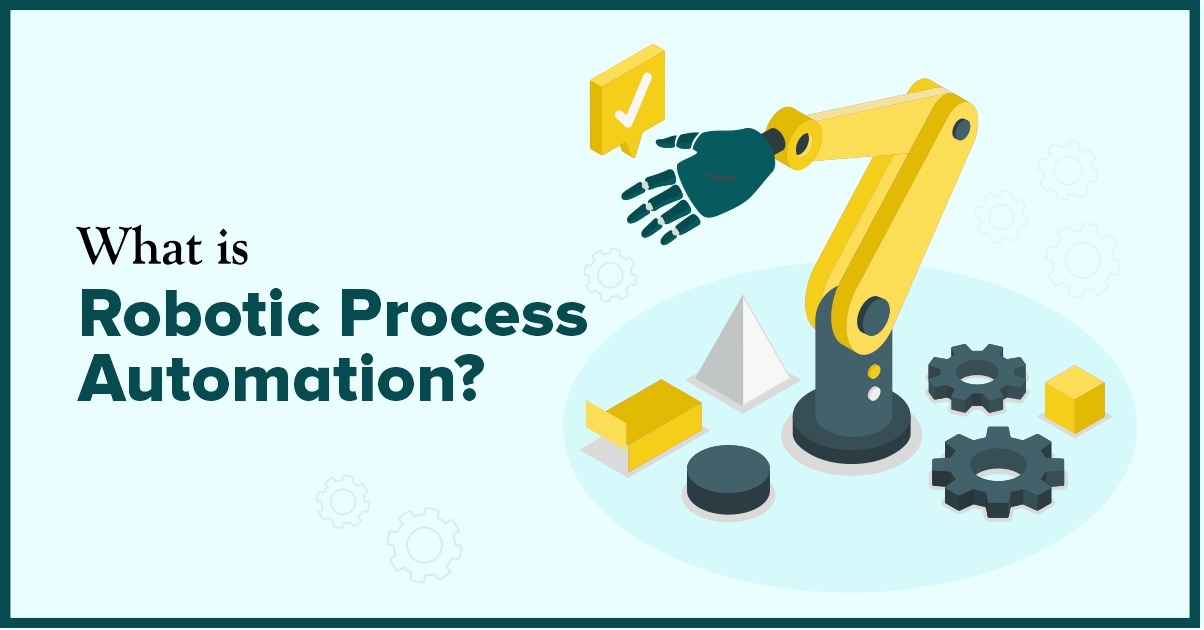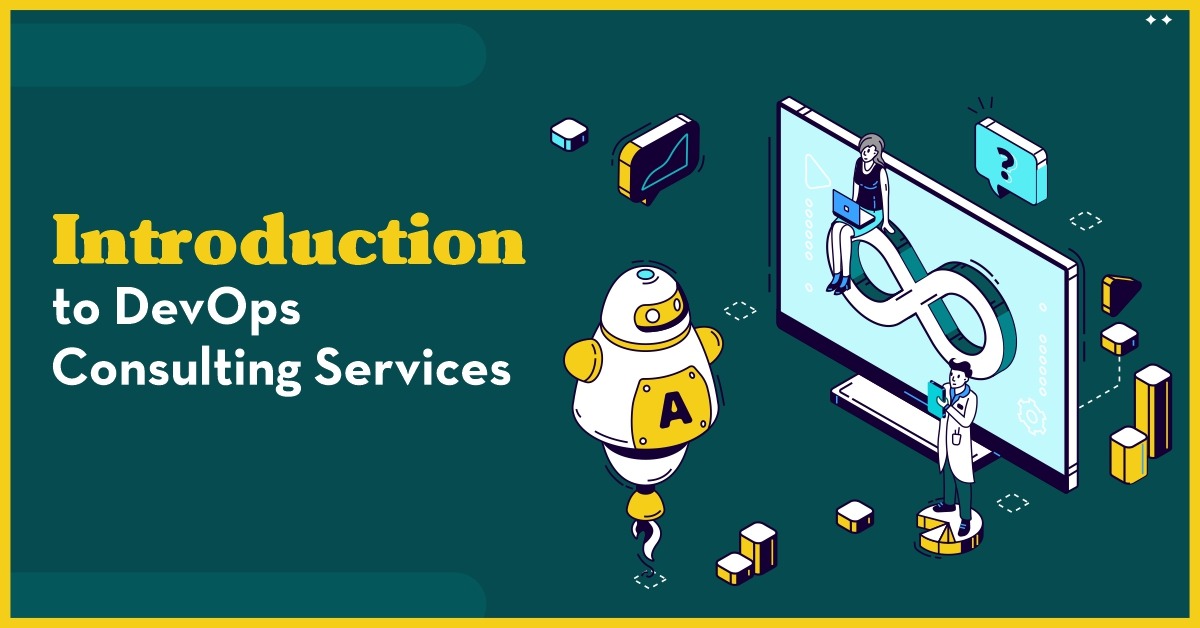Artificial intelligence provides a method for automating irksome and other everyday tasks. It has also made managing patients and medical resources easier. By automating most actions previously performed by humans, the system will be able to do it faster and more economically.
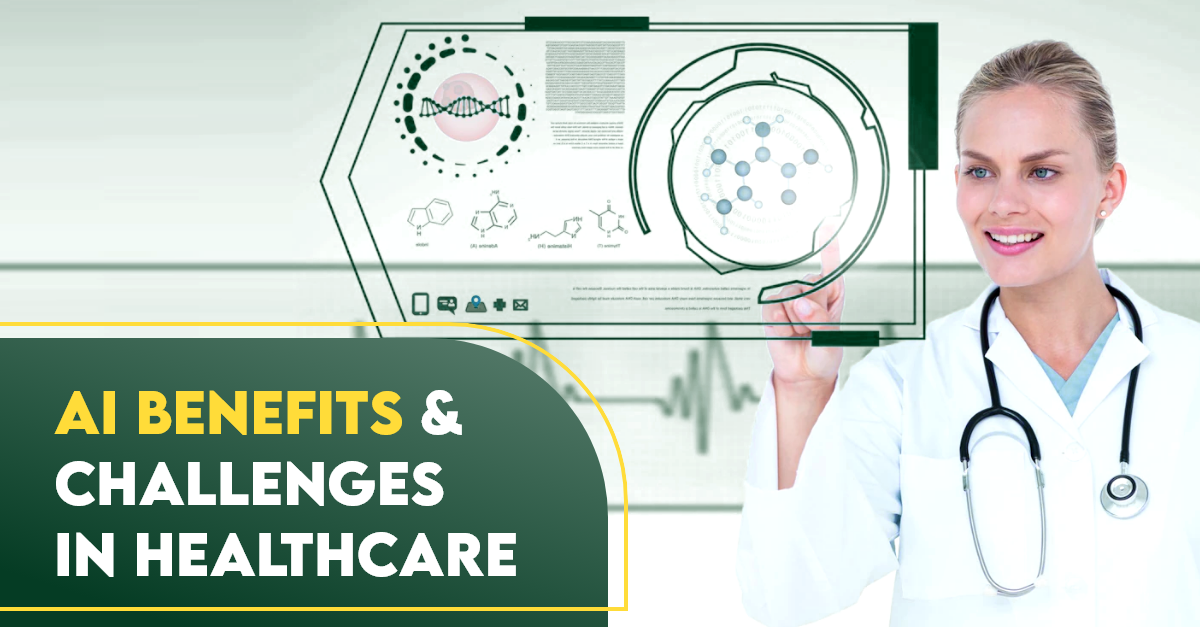
Lately, almost all health care providers and governments have turned to digital solutions to overcome challenges caused by the global pandemic. The rise of artificial intelligence (AI) is revolutionizing almost every sector of the world, including healthcare. AI in healthcare refers to utilizing machine learning algorithms to emulate human cognition to analyze, understand, and present complex medical data. Artificial intelligence continues to evolve and recast itself. As of 2025, Businesswire projected annual revenues of $8.6 billion from 22 healthcare AI tools. By the same deadline, current usage trends predict $34 billion in global revenue.
However, AI in healthcare has benefits and challenges – let’s have a look
Benefits of AI in Healthcare
- Enhanced Decision-making in the medical field: Many evidence-based studies have documented the benefits of AI in healthcare. Healthcare Information and Management Systems Society Inc. (HIMSS) states that AI in healthcare has changed clinical decision-making because it provides decision makers with real-time data that can be used to diagnose patients, plan treatments, and monitor population health. It’s possible to leverage insights from genomic, biomarker, and phenotype datasets as well as solutions that specialize in radiology, pathology identification, and ophthalmology.
- Better access to standard healthcare facilities and systems: Most developing countries have limited access to standard healthcare facilities and systems due to the slow pace of technological advancements globally. People in such countries have a higher risk of death. WHO reports that the 18.1-year gap in life expectancy between the world’s richest and poorest nations is due to limited or non-existent access to healthcare. AI innovations may provide these disadvantaged areas with a more efficient healthcare system. Digital systems powered by AI may help diagnose and treat patients. To help international and national healthcare organizations work together to provide care to people in need, special applications have been developed.
- Streamlining processes: Solutions exist that can identify possible diagnostic markers from radiology images, as well as solutions that will help ease the physician admin burden by translating clinical notes or streamlining appointments, or tracking patient notes and care recommendations. The number of benefits of artificial intelligence in healthcare is as vast as the applications for which it is invented and applied.
- Improved Information sharing: Information sharing and precision medicine are two of the benefits of AI in healthcare in addition to physician support. By tracking patient data with AI, medical institutions such as the NHS can provide more accurate care to patients as well as better doctor-patient ratios. UK Health Secretary Matt Hancock announced in 2019 that the NHS would create a national AI lab and pledge £250 million to improve its role in the healthcare sector. A research report published by the National Institutes of Health suggests that AI can be used to increase clinical outcomes’ precision and accuracy and to identify patterns within patient data to determine the chance of a patient acquiring a specific disease or illness. By addressing their root causes sooner, this type of insight can provide immense value to the medical profession since it can fully streamline patient care and reduce potential risks. Artificial intelligence’s ability to read and analyze vast amounts of data holds the key to precision medicine’s full potential.
- Faster and cheaper: Healthcare processes are now speedier and at a fraction of the original cost thanks to AI algorithms. From patient inspection through diagnosis, artificial intelligence has revolutionized the industry in terms of speed and cost. For example, AI can detect biomarkers in our bodies that indicate sickness. The manual labor needed in specifying these biomarkers has been reduced thanks to AI systems. Because of the widespread automation, we can now save more lives by acting faster. In comparison to traditional methods, AI algorithms are thought to be more cost-effective. With AI algorithms offering prediction-based findings based on personal information, patients can make fewer journeys to the laboratory. This is what led to an increase in AI adoption across the board in the last year, with up to 88 percent more companies making the switch.
Challenges of AI in Healthcare
- Need for Human Intervention: AI excels in carrying out precise directives that have been programmed into it. One of the major disadvantages is that AI is not yet able to function alone; it must continue to collaborate with physicians. AI systems are used as support tools for radiologists in the radiology profession, for example, who are the final decision makers on patient diagnosis and care. The AI serves as a second set of eyes for the intern who never sleeps, but it still needs human knowledge to verify that the results are correct and meaningful.
- Inaccuracies may still exist: Medical AI is primarily reliant on diagnostic data culled from millions of instances. A mistake is conceivable when there is limited data on specific illnesses, demographics, or environmental variables. This is especially crucial when prescribing a certain medication. To accommodate for data shortfalls, AI is always developing and improving. It’s worth noting, though, that particular groups may still be excluded from domain knowledge.
- Subject to security risks: AI systems are vulnerable to security issues since they rely on data networks. With the advent of Offensive AI, enhanced cyber security will be essential to maintain the technology’s long-term viability. As high as 88 percent of security decision-makers believe aggressive AI is a growing concern, as per Forrester Consulting. As artificial intelligence (AI) leverages data to make systems more intelligent and accurate, cyberattacks will include AI to get wiser with each success and failure, making them more challenging to forecast and avoid. When malicious threats outsmart security systems, the attacks become far more challenging to counter.

